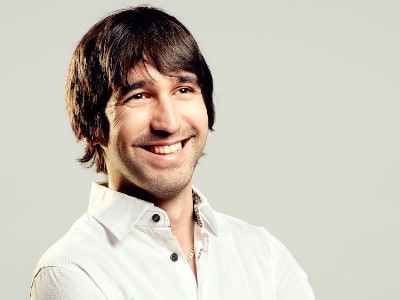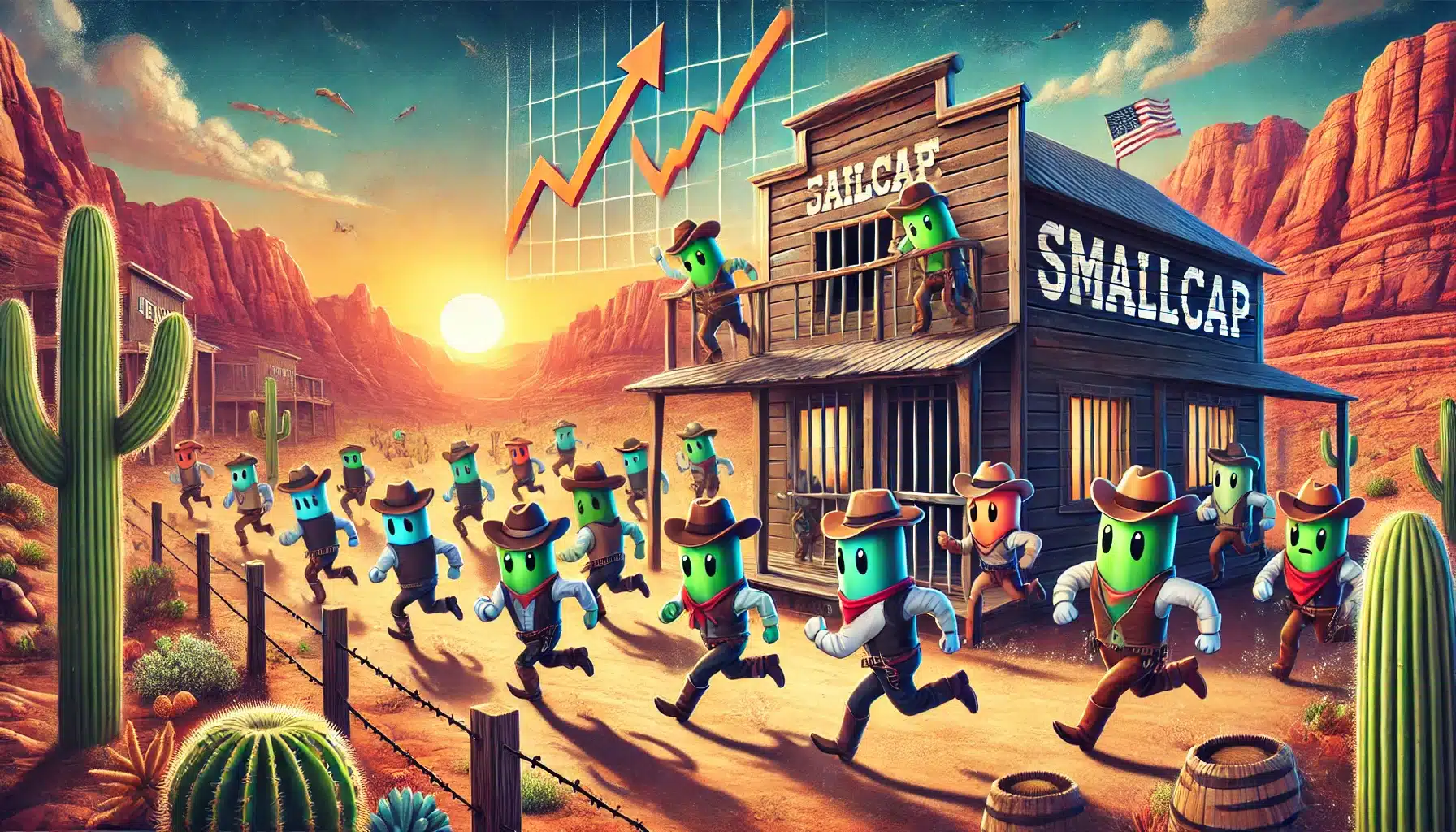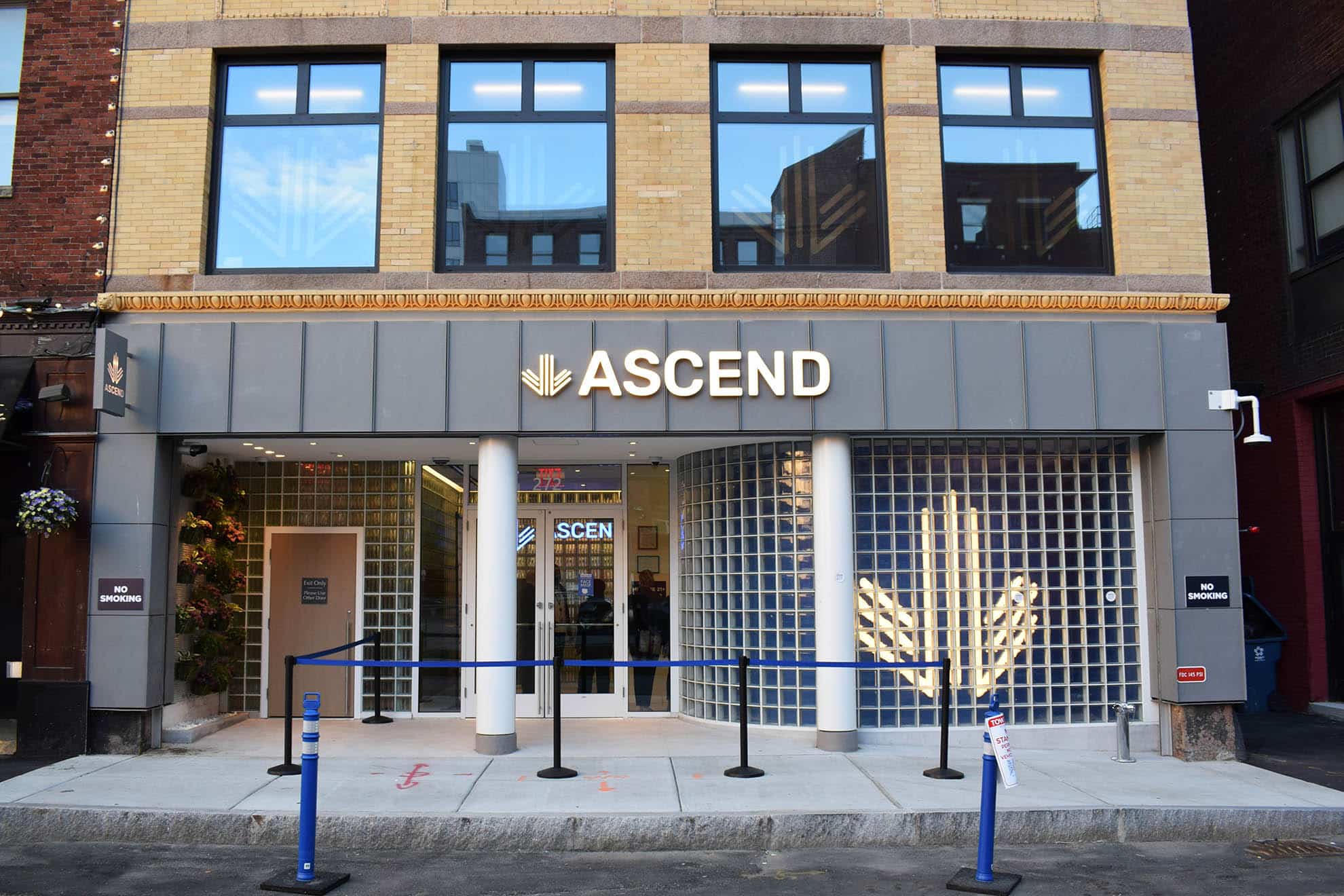

Wajam CEO Martin-Luc Archambault has become one of the Montreal tech ecosystem’s mainstays over the last few years, investing in early stage companies before they became big, such as PasswordBox, who were recently acquired to great fanfare by Intel Security, and Frank & Oak.
Meanwhile, he’s also invested in plenty of less well-known companies, more than 20 in all, such as Anomalous Networks (acquired by Tangoe), VarageSale, Playerize, ViralNinjas (merged with Sociable Labs), Minitrade, SmartReno, as well as having bought the .CLUB top-level domain.
With Wajam, Martin-Luc has staked out a strong presence in the social marketing space. Trading on the idea that people are more likely to trust endorsements from friends and people they recognize, the company is poised to capitalize on its already impressive metrics while it builds out the next phase of that idea by building a database that can be accessed by third parties, through a complementary company called SPOTR, which Martin-Luc will also run.
If Wajam’s bet pays off, the intersection of mobile marketing and social media culture will be a very sweet spot to have been fishing in.
At the same time as PasswordBox’s acquisition represents a validation of Martin-Luc’s investment acumen, it’s also a statement of faith by a multinational corporation, Intel, in Montreal’s tech scene, seeing as they will effectively double the size of PasswordBox’s work force while leaving the management team largely intact to develop their solution on a global scale.
The PasswordBox story is a significant milestone in the development of the Montreal tech sector.
In addition to being a limited partner at Real Ventures and Akkadian Ventures, Martin-Luc is also a mentor at FounderFuel, and a board member at Anges Quebec. As CEO of Wajam, a social search engine, he’s watched his company grow, and in doing so claimed 2012’s Ernst & Young Entrepreneur of the Year Award.
On the eve of an announcement regarding his new company SPOTR, which he’ll be unveiling at the Consumer Electronics Show next month, Martin-Luc has also announced his investment in mobile app development agency Mirego, who have had a hand in developing SPOTR, as well as having developed mobile solutions for Red Bull, La Presse, Yellow Pages Group, Aldo, Bombardier, Rona and many others.
With over 50 employees spread across offices in Montreal, Quebec City and Toronto, Mirego has seen impressive growth during the past year. It has developed over 100 applications since 2007, and was ranked 63rd in the PROFIT 500 by Canadian Business and PROFIT. The company won two prizes at last week’s Boomerang Awards.
Martin-Luc’s role with Mirego will be as strategic advisor, towards the goal of acquiring new clients and fuelling the company’s international growth, presumably while they continue to develop SPOTR. SPOTR, meanwhile, represents the next complementary phase in the quest to more fully monetize Wajam, the company that started it all for Martin-Luc.
“The arrival of Martin-Luc Archambault in our team is part of our mission to systematically surround ourselves with the best players. Martin-Luc’s expertise and his experience as a strategic investor will surely help Mirego in its growth and in the development of new markets,” said Albert Dang-Vu, Mirego’s president and co-founder.
Cantech Letter caught up with Martin-Luc Archambault recently to talk new investments, his new company SPOTR and how it relates to Wajam, and his overall hope for Montreal’s flourishing tech ecosystem.
The acquisition of PasswordBox by Intel Security felt like a significant event for the Montreal tech ecosystem. Aside from being the CEO of Wajam, you go back in the scene a few years now. You’ve invested in a lot of companies, including PasswordBox. What does that acquisition mean for you and for Dan Robichaud, and more broadly for the Montreal tech community?
It’s a huge success for all of those stakeholders, whether for me or Dan or the Montreal ecosystem. First and foremost, I think it’s great for Dan and his team, because they’ve been working their asses off for the past two or three years on this vision of theirs. And I think they’re getting closer to realizing it with Intel. So that’s a good thing. Of course, for me as an investor, it’s a good investment, but I invested in Dan before his idea was PasswordBox. I invested when the idea was Forever Alive, so I did not invest necessarily in the idea, I invested mostly in my friend and somebody that I trust who can create something big. And I wanted to be part of that and help him out on it, so that was kind of my investment strategy.
He talked at the event announcing the acquisition how he wanted to touch a billion people. He seemed to have that in mind when he started the company. It was a question of scale, basically. Intel means, because it’s in 90% of the world’s computers, that that is going to be possible for him now.
Well, it gets possible much faster, with much less money needed.
You’ve invested in quite a few companies yourself, including Frank & Oak and some high-profile companies, as well as a few companies that spend all year flying under the radar while other start-ups get maybe a little more publicity. What’s fermenting under the Montreal ecosystem that you find exciting?

Your point is accurate. Some companies may seem to get more press. Wajam had a lot of press for a certain amount of time. Now we’re launching a new product, I assume we’re going to get a lot of press. But, you know, it’s a cycle. It doesn’t mean some companies are better than others because they get press. Some companies do not get that much press, but are really killing it. For example, VarageSale, that I’ve invested in, is not getting so much press but it’s really killing it. So press doesn’t necessarily mean you’re going to be successful, but it sure helps. VarageSale is doing great. I invested in another company that I think is doing well and is getting good press. It’s the new TLD (top-level domain) .CLUB. I don’t know if you heard about that. You can register any domain at .CLUB. Our group of investors and friends, basically we bought the name .CLUB and now anybody that registers a .CLUB site has to go through us. So that’s a great investment. Also, ViralNinjas is doing well. They just merged with Sociable Labs. Playerize is also generating good money now, so I mean, it’s good. To be honest, I’ve cashed out on some things and not on some others, but I think, as an angel, I’ll have a good ratio. I’m crossing my fingers. But usually you may get one hit, you break even on a few, and you lose money on the rest.
You mentioned this new product that you’ll be launching. It’s called SPOTR, I believe.
Yeah, you can go check the website, but there’s not much there yet.
You’re going to be launching this at CES in January?
Yeah, SPOTR is a spin-off of Wajam. They’re on a separate floor in our building here. I still run both companies, but they have separate employees with separate focuses. It’s important that people focus on one thing. But the general idea of SPOTR, and I’ll speak more about it publicly in a month or so, it’s just to create the world’s largest database of endorsements from people you trust. Because what we noticed with Wajam, our social search engine, is that people trust their friends, and when you present them with results from their friends, they click on them and they trust it. So what we’re trying to do right now is figure out a way to monetize those things and create the largest database of endorsements from people you trust. Think of SPOTR as a big database. One of the products that we’re launching at CES is going to help create this database. Although our database is already comprised of millions and millions of entries, we’re launching different types of apps and products to help curate and create our database. That’s as far as I’ll go for now, but the ultimate dream, or the $1 billion idea, is to somehow give users better results when they search or buy stuff online and give them what I consider social ads, and to monetize those recommendations.
Wajam’s former marketing director Alain Wong said a while ago that the purpose of Wajam is to “make all advertising social”. It’s not exactly a forward-facing product in the sense of companies like Hootsuite or 500px, or a hardware company like Thalmic Labs, where you know what the product is. It’s the kind of thing that operates in the background, more or less.
Yeah, Wajam is an extension that adds results from your friends when you search on Google or on Amazon. That’s basically what it is. Like when you search for a laptop, you’re signed in on Facebook, we’ll show you whichever laptops your friends have talked about or liked. That’s the general concept of Wajam. You’re right that for most people the term “social search” does not mean a lot, but when they download it and they start to use it, they don’t even realize but they get results and they like it. So that’s why we figured that it would be better for Wajam to hook itself onto the search engines that people already use, like Google, because they’re not going to change their habit to another brand or another search engine just for social results. They’re used to Google, but if Google could be social it’s even better. That’s kind of the pitch. Now, for SPOTR or the social ads, there are going to be some user-facing elements, or user brands or user products in SPOTR, but at the end of the day SPOTR is also going to be a huge database that third parties are going to be able to tap into to make their content better, or their ads better, on their website. Does that make sense?
Yeah, it does. There are crucial differences between it and the type of sentiment monitoring that some other marketing companies do.
Think about it this way. You see a lot of ads online, whether it’s a text ad or a banner. I’m hoping that most of these banners in a few years are going to have a face or a name of somebody you trust on it.
That’s the crucial difference. You’re talking about your actual friends, rather than a cloud of people who are all talking about the same thing at the same moment.
Yeah, our algorithm determines that you trust those people. Our algorithm determines who you trust online, whether it’s influencers, friends, bloggers, celebrities, whoever it is, based on your browsing history, and then we can show you those people.
The $1 billion idea is to somehow give users better results when they search or buy stuff online and give them what I consider social ads, and to monetize those recommendations.
I was talking with Louis-Philippe Maurice recently and he mentioned the fact that what Montreal lacks, that Vancouver has in the form of Hootsuite let’s say, is a big anchor company. Like essentially a $1 billion valuation, or the type of company who’s fishing around for an IPO, but who’s committed to staying in the scene and paying it forward. What’s your take on how that’s shaping up for Montreal?
I would agree and disagree to some extent. You don’t start your start-up selling your product and having millions of customers. What happens is you’re building and you create seed funds and angel funds. And then you have VC funds that come in and you do a few exits and people get more money. You reinvest and then engineers come in and then you can hire more people. So if you want to create a $1 billion company, like PasswordBox or Wajam in Montreal, without having offices elsewhere to hire thousands of engineers, it’s going to be very, very hard because there aren’t the resources that you need in the city. However, if you’re trying to create a $1 billion company selling e-comm online, such as Frank & Oak or Beyond the Rack, where you don’t need thousands of engineers, it might be easier. If I look at Beyond the Rack, they’re generating a lot of money. It was, and I think it still is, considered a kind of anchor in the city. Even Hootsuite, I don’t know if they need that many engineers. It might be okay to do it in Vancouver, but I guess it depends on what you’re trying to build. You’re absolutely right on that aspect. We don’t have like a consumer Facebook-type application that’s $1 billion in Montreal, and I don’t know if we’ll have one in the near future. But I do think that we’re setting the ground to get one eventually, in the next five to ten years.
Bringing legacy companies who will make an investment in Montreal also helps to create that. Like, Intel Security is now essentially going to take over PasswordBox and expand it to twice its size. Right now, though, the anchor companies that we have are actually legacy companies like CGI and Bombardier. Otherwise, it feels like there’s LightSpeed Retail, you, and Busbud and companies like that who are as big as we’ve got so far. Anyway, it’s a matter of time. We’re still trying to figure out that mix.
I agree with you. It’s a matter of time, and it’s a matter of setting the right conditions to create this. Some e-comm companies like Frank & Oak or Beyond the Rack could become $1 billion companies without necessarily needing 5,000 engineers. But if SPOTR wants to become a $1 billion company, we’re not going to have a choice but to open offices elsewhere, to go get engineers, because it’s not 20 or 40 engineers who will achieve that. Unless we become this miracle hit like Instagram, right? But that doesn’t happen often.
Leave a Reply
You must be logged in to post a comment.




 Share
Share Tweet
Tweet Share
Share




Comment